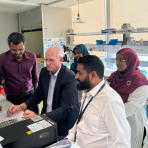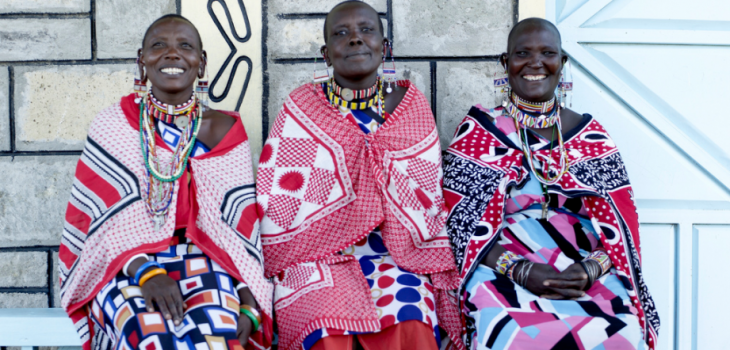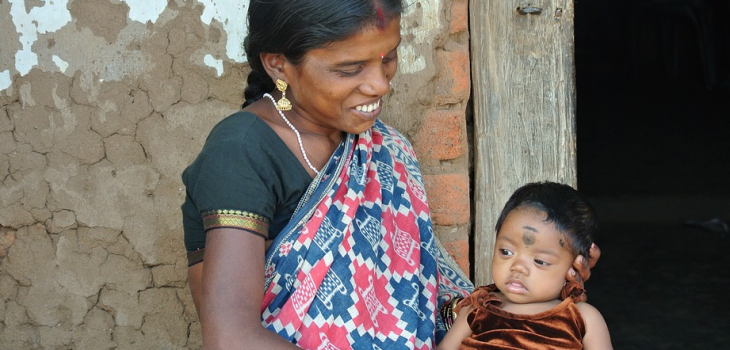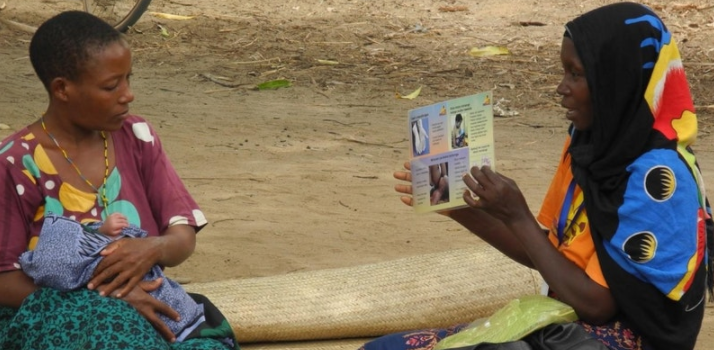By Kate Hawkins (Pamoja Communications Ltd)
The online world is abuzz with campaigns to increase the visibility of women and gender analysis within global health. Campaigns online to prevent ‘all male panels’ and the successful Women in Global Health campaign have drawn attention to systemic and pervasive gender-related weaknesses…




















